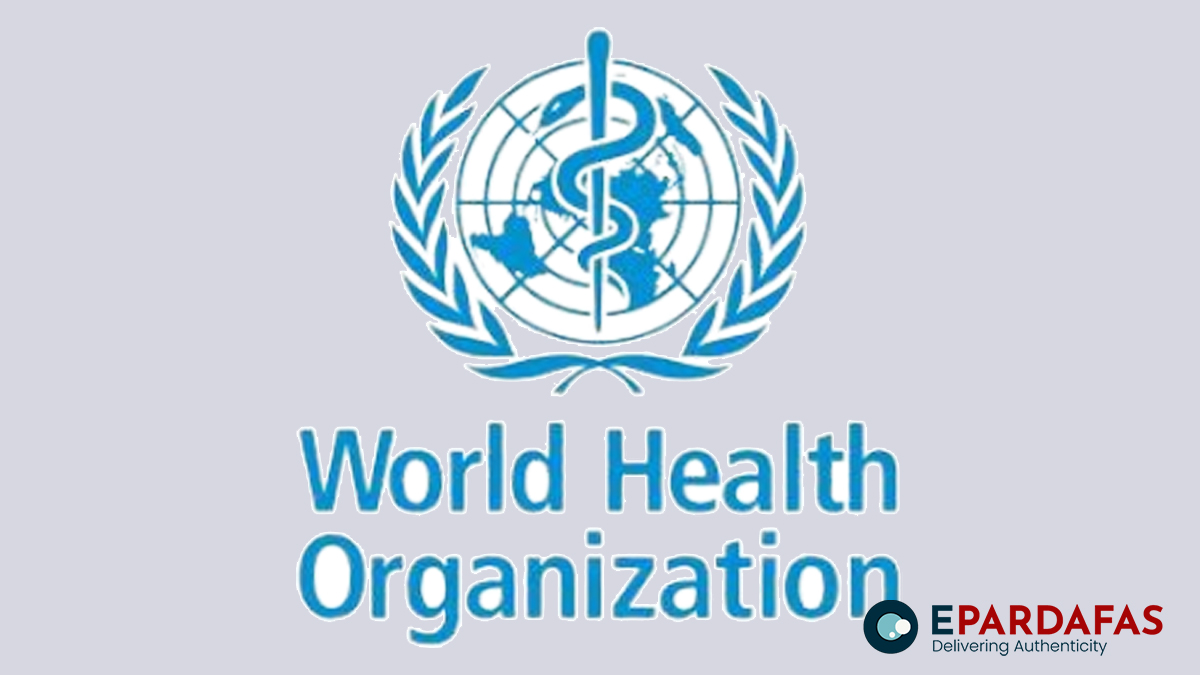
WHO Urges South-East Asia to Step Up Efforts Against Tobacco and E-Cigarette Use

The World Health Organization (WHO) has emphasized the pressing need for countries in the South-East Asia region to bolster their efforts in combating the usage of tobacco and e-cigarettes. Despite witnessing a significant decline in tobacco consumption over the years, the region continues to grapple with alarmingly high rates of tobacco use, making it a global hotspot for such habits. Moreover, the proliferation of vaping among youths is a cause for concern, with its usage showing an upward trend.
WHO South-East Asia Regional Director, Saima Wazed, highlighted the region’s status as having the highest number of tobacco consumers globally, posing severe risks of life-threatening illnesses like cancer, respiratory, and heart diseases. Wazed stressed the urgency of implementing stringent measures to curb both tobacco and e-cigarette use, noting the lack of evidence supporting e-cigarettes’ efficacy in smoking cessation.
Despite a notable decrease in tobacco use from 68.9 percent in 2000 to approximately 43.7 percent in 2022, the latest data indicates that an estimated 411 million individuals in the region still indulge in tobacco consumption. Shockingly, the region harbors 280 million smokeless tobacco users, constituting nearly 77% of the global smokeless tobacco consumer base, along with approximately 11 million adolescent tobacco users aged 13-15, representing almost 30 percent of the global total.
The proliferation of e-cigarettes, especially among the youth, presents a significant challenge. Thailand, for instance, has witnessed a substantial surge in e-cigarette usage among teenagers aged 13 to 15, escalating from 3.3 percent in 2015 to 17.6 percent in 2022. Despite efforts to combat this trend, co-use of e-cigarettes alongside conventional cigarettes remains prevalent.
WHO has pledged its support to enact policies aimed at thwarting the interference of tobacco and e-cigarette industries to safeguard the health of the region’s over 2 billion inhabitants. While several countries like DPR Korea, India, Nepal, Sri Lanka, Thailand, and Timor-Leste have outright banned e-cigarettes, others like Maldives regulate them as tobacco products.
Encouragingly, the region has made significant strides in reducing tobacco usage, with notable declines among both men and women. Moreover, it is on course to achieve the NCD 2025 target of a 30 percent reduction in tobacco use by 2025, with India and Nepal expected to meet this target. Bangladesh has announced the ambitious goal of becoming ‘Tobacco Free’ by 2040, while India has launched the ‘Tobacco Endgame’ initiative.
To combat the pervasive influence of the tobacco industry, countries in the region must adopt more assertive measures to enforce tobacco control laws and policies while implementing demand reduction strategies advocated by WHO.
- Xi Jinping’s Controversial European Tour: Allegations of Influence and Corruption
- Knife Attack in China: Two Dead, 21 Injured in Yunnan Hospital
- Improvements Noted, More Work Needed for Women and Children, Says Minister Chaudhary
- Government preparing to bring Mass Communication Bill soon: Minister Sharma














Comments